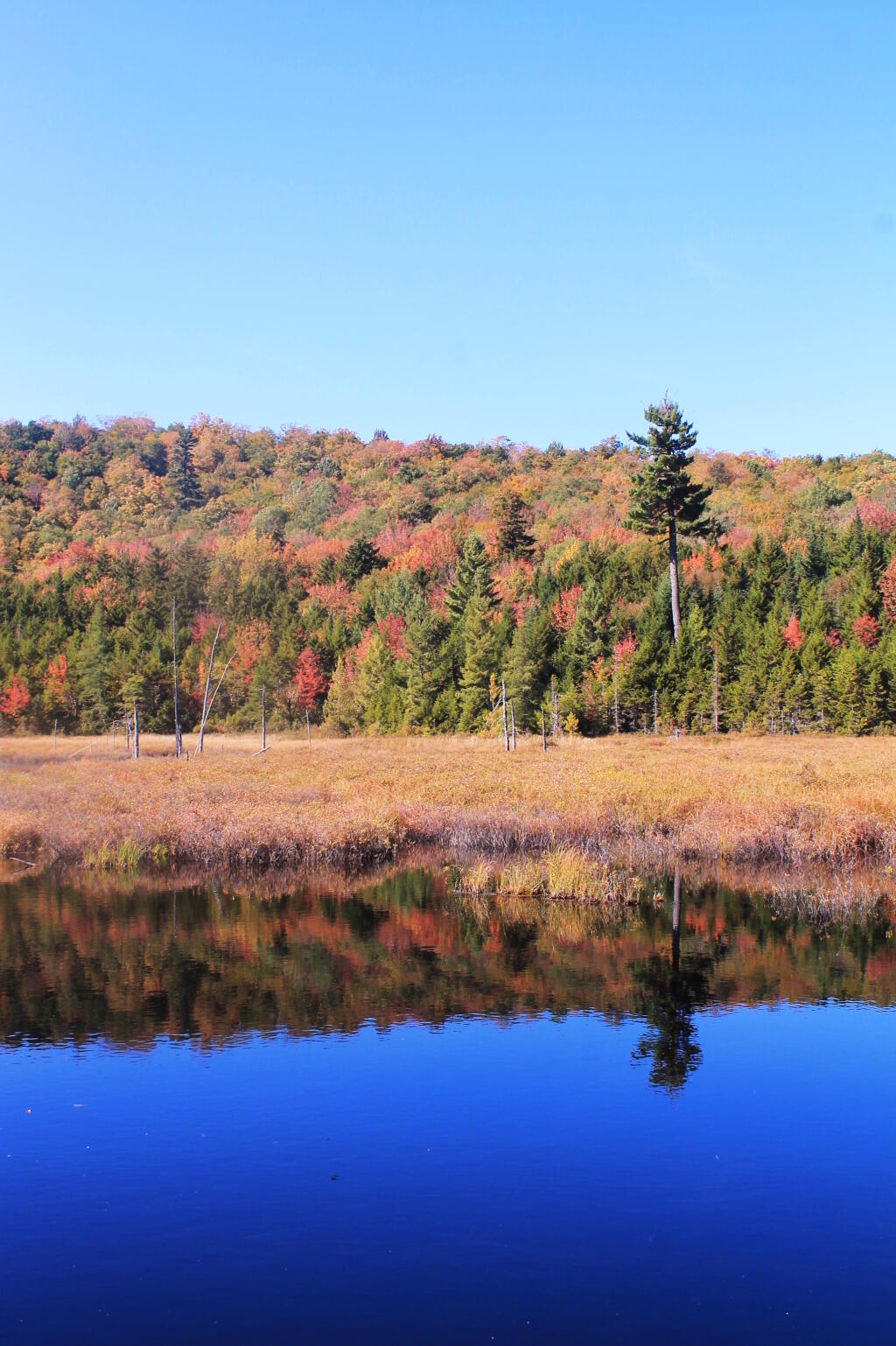Politics
Sources – ABC News
How the Legislature balances power in minutes per week
The Role of Asylum Seekers in Reshaping Upstate New York
The dynamics of population movement have been a longstanding concern for regions like Upstate New York. The exodus of residents seeking greener pastures, warmer climates, and reduced government regulations has raised alarms about the state’s future. To address these challenges, considering the potential of asylum seekers as new residents offers an intriguing perspective.
The decline in New York State’s population poses multifaceted challenges, from a loss of federal resources to business closures due to reduced demand. The resulting spiral of higher taxes and deteriorating infrastructure underscores the urgency of finding solutions. It is evident that introducing a fresh influx of population can potentially rejuvenate the state’s trajectory.
Asylum seekers, often fleeing repressive governments that target them for their ethnicity, religious beliefs, or political views, represent a demographic in dire need of assistance. The historical lessons of the United States’ refusal to aid Jews during World War II highlight the moral obligation to provide sanctuary for those facing persecution. Their harrowing experiences necessitate a compassionate response from society.
While immigration policies dictate that courts determine the legitimacy of asylum claims, the initial evaluation by immigration officials underscores the merit of offering shelter. Recognizing that aiding asylum seekers incurs costs, it’s imperative to remember that supporting residents, regardless of their citizenship or voter status, is a societal duty. Comparable to the provision of police, fire protection, and education, extending assistance to those seeking refuge is an ethical and humanitarian imperative.
Though the waiting period of nearly half a year before lawful work is allowed might appear discouraging, it serves as a deterrent against fraudulent migration. This measure safeguards against exploitation and preserves fairness for those pursuing legal immigration paths. Yet, acknowledging the diverse array of jobs available, asylum seekers can contribute significantly to Upstate communities, especially in sectors like agriculture, food service, and healthcare.
The sluggish pace of immigration proceedings, while frustrating, reflects the gravity of life and death decisions at stake. While expediting the process is desirable, ensuring accurate judgments is paramount. An asylum seeker denied entry could be returning to a perilous situation, underscoring the importance of thorough evaluations. Striking the balance between efficiency and accuracy is crucial to maintaining a just immigration system.
Considering the influx of over 100,000 asylum seekers into New York City within a year, it is clear that addressing their needs and aspirations can reshape the landscape of Upstate New York. Vacant motels and underutilized spaces could be repurposed to accommodate and support these individuals, providing job opportunities and fostering economic growth. Though there are costs associated with local governments and schools, the long-term potential of revitalizing declining communities holds promise.
In conclusion, the incorporation of asylum seekers as potential new residents offers a chance for Upstate New York to reverse its population decline. By embracing these individuals, the state can tap into their potential as contributors to various sectors, while simultaneously adhering to a moral imperative of offering refuge to those in need. The challenges and costs associated with this endeavor are outweighed by the potential benefits of revitalized communities and a more diverse and vibrant state.
RIP John Wolcott Historian & Save the Pine Bush Activist – Sanctuary For Independent Media
Why does Trump think he can win in 2024?
There isn’t a plausible explanation in my mind why Donald Trump thinks he can realistically expect to win the 2024 Presidential election. Even on his most simplistic explanation – his claim that he lost due to massive fraud in 2020, there is little reason to believe there would be less fraud in 2024.
You can debate what counts as election fraud but ultimately the rules of elections are defined primarily by incumbents and few changes to election law favorable to Republicans have occurred in blue states. If anything with Democrats winning several state legislatures in 2022 post-Dobbs decision, the terrain has become more unfavorable to Republicans. If Trump wants to win back the presidency in 2024, he obviously has to win back states he lost in 2020.
Incumbents often win re-election because they have previously perfected the strategy to win election plus have had several years of the state’s apparatus to further their candidacy. Doesn’t always happen that way, incumbents either do a bad job or are of unfortunate circumstances and get voted out of office, witness Donald Trump. But all things the same, a re-run of the 2020 election against Trump in 2024 only is likely to produce the same result – Biden re-elected.
Like it or not, the most likely thing to happen in a Trump – Biden rematch is just another 2020 election. Same result in most states, same amount of fraud and voter turnout. States that were blue in 2020 are likely just to be as blue in 2024. If anything, Biden might pick up additional states assuming that Trump is even less popular after his multiple felony indictments and trials.
Biden himself doesn’t have an automatic ride to the presidency though, he does own the economy and everything else that has happened in the past four years in the country. Inflation and crime are down slightly after peaking in the first years of his presidency after COVID-19 but they are still leaving a sting in voters minds, especially as gas prices creep back up. Recession fears continue even if they’ve slowed lately too.
I don’t know but I don’t think Trump is a good candidate at all for 2024 – but I could be wrong. Not the first time.
Is the media just a lap dog of the government or the Democratic Party? 🐶
I can tell you as a Democratic Party operative at times I wish the media was more of a lap dog of the party, handling our clients in the direction of spin we’d like rather than taking their own spin on the matter.
During times of national crisis, the press, including both local and traditional mainstream outlets, often tends to report events without sufficient scrutiny. This is because the press aims to demonstrate loyalty to the nation rather than appear antagonistic, and they strive to uphold the country’s positive aspects. However, the media frequently lacks independent experts who can challenge the official government narrative, and they are hesitant to involve individuals without established credentials.
I recently listened to a podcast by James Howard Kunstler, where he pointed out that this phenomenon is not new and has been observed during events like COVID-19 and conflicts such as Ukraine. I can’t help but recall the media’s consistent support during the post-9/11 period and the Iraq invasion. Similar tendencies were seen during the early stages of the Vietnam War and the Red Scare in the 1950s. Although the mainstream media eventually began to question the Vietnam War, it was only in 1968, with Walter Cronkite’s influential editorial, that a significant shift occurred. Prior to that, mainstream media rarely challenged the prevailing viewpoints, and those opposing the war were often marginalized.
Comparing today’s media behavior to the past, it’s not necessarily worse, but the internet has made it much easier to access alternative perspectives. This is undoubtedly a positive development. My suggestion is to first engage with mainstream media to understand the presented facts, and then explore alternative media sources for different viewpoints. By comparing and contrasting different perspectives, we can gain a more comprehensive understanding of the situation.

